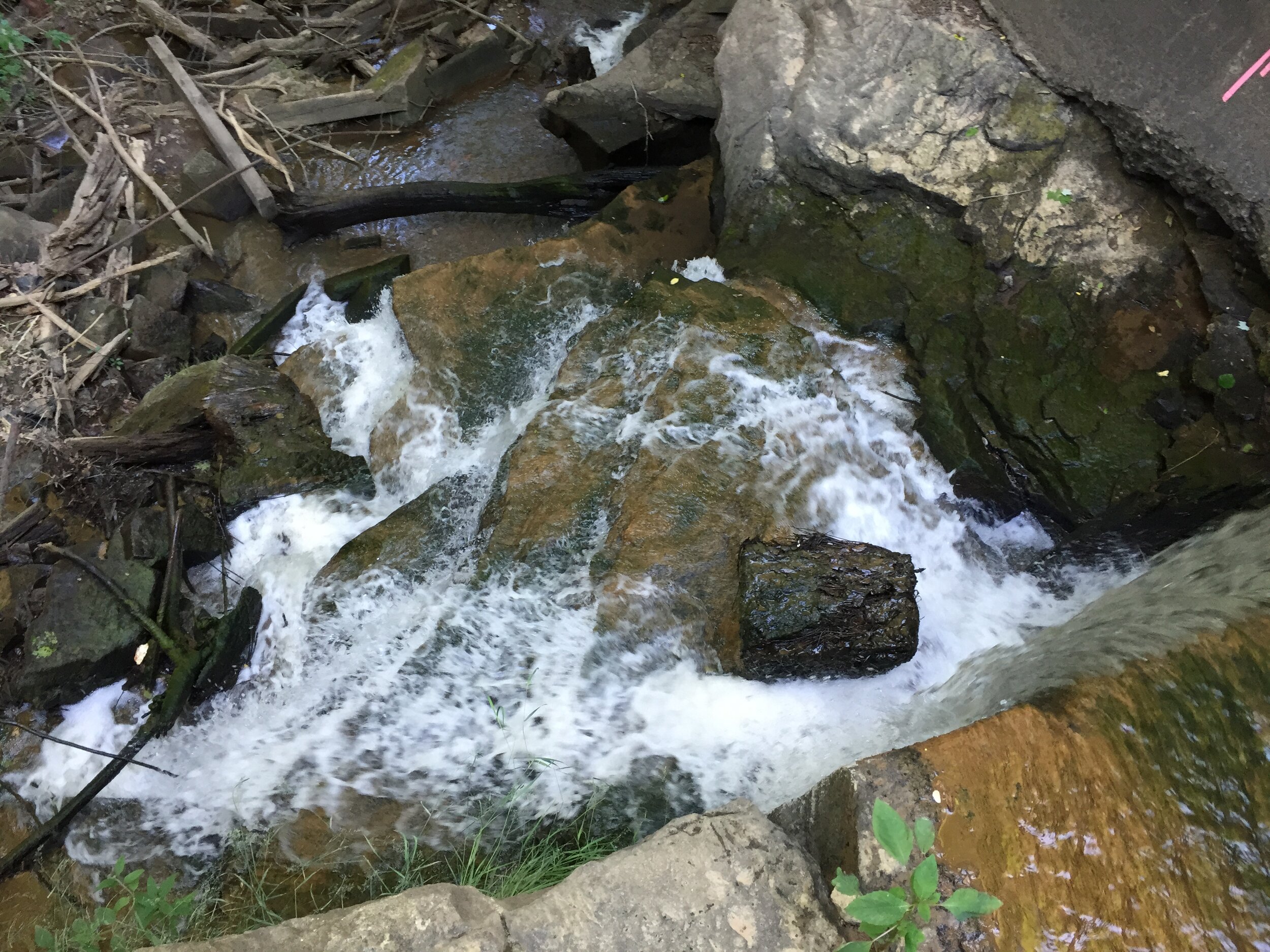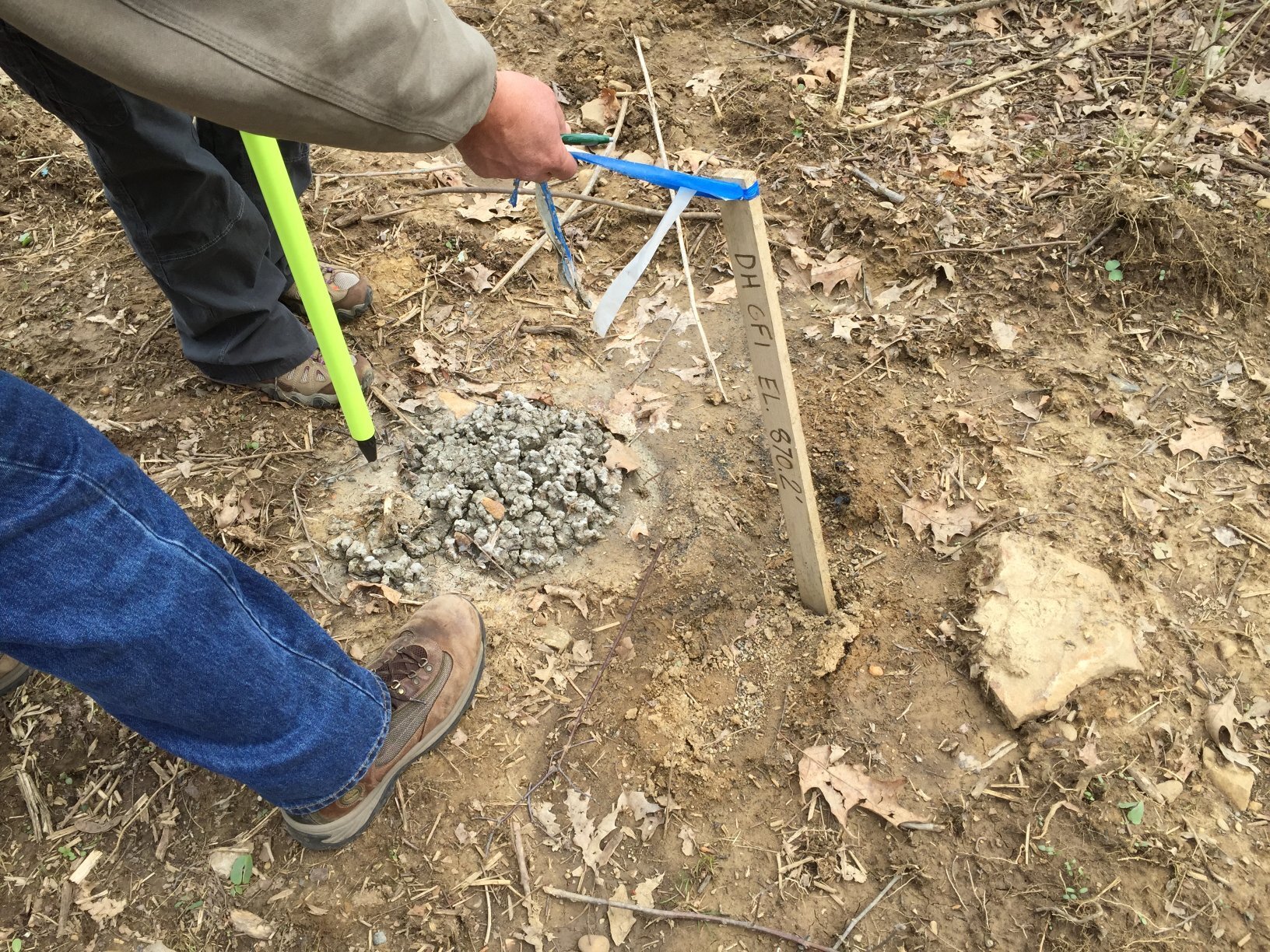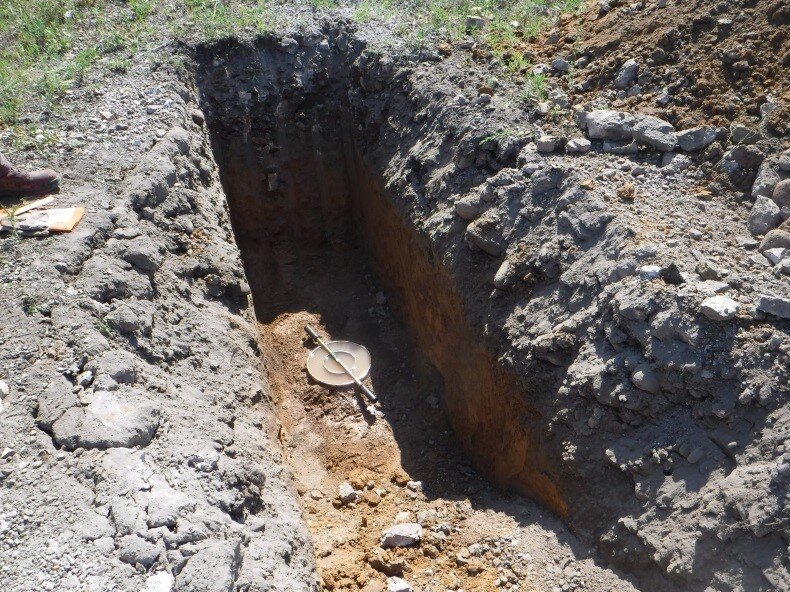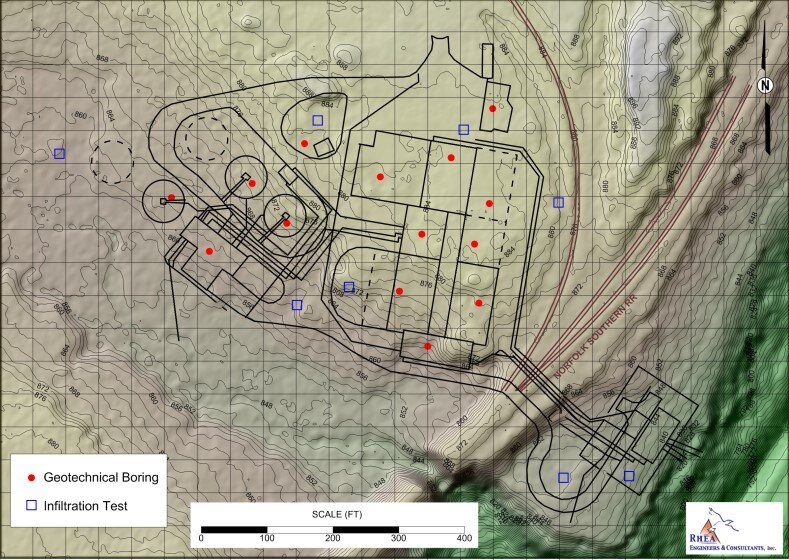
Rhea was tasked with conducting the geotechnical investigation including infiltration testing of varying depths throughout the site for a proposed water treatment plant and raw water intake pump station.
Water Treatment Plant Geotechnical Investigation
Buchart Horn, Inc. was responsible for planning and designing a water treatment plant and raw water intake pump station in Wampum, PA. Rhea was tasked with the geotechnical investigation including infiltration testing of varying depths throughout the project site. The main challenges were site access in a heavily wooded area and the variability of soil and rock conditions in this area affected by historic glaciation.
Rhea collected 13 borings to a maximum depth of 40 feet that revealed the complex soil conditions present at this site, including fill, glacial till, residual soil and rock. The geotechnical investigation indicated the subsurface was also complicated by the presence of a dipping coal seam, the Brookville Coal. This coal was not mined, but was associated with soft clays that had to be accounted for in the foundation design recommendations. Rhea was responsible for providing the engineering recommendations for the foundation design including allowable bearing capacity, anticipated total settlement, and anticipated differential settlement. The recommendations also included the field procedures necessary to undertake the construction of the foundations.
Rhea also conducted infiltration testing at eight locations in accordance with the Pennsylvania Department of Environmental Protection Best Management Practices (BMP) Manual, Appendix C, Protocol 1. The information obtained during the infiltration testing was organized and evaluated in order to determine if the site was a suitable location for infiltration BMPs, such as detention basins, rain gardens, and underground detention areas. Conclusions as to the suitability of the Ellwood site with respect to infiltration BMPs were made based on the results of the testing.
The geotechnical investigation provided the necessary geotechnical design input in a timely manner, despite difficult field conditions and a complex subsurface.
The infiltration testing provided the necessary information from which stormwater BMPs could be designed.
Services: Geotechnical Engineering
Industries: Energy + Utilities










